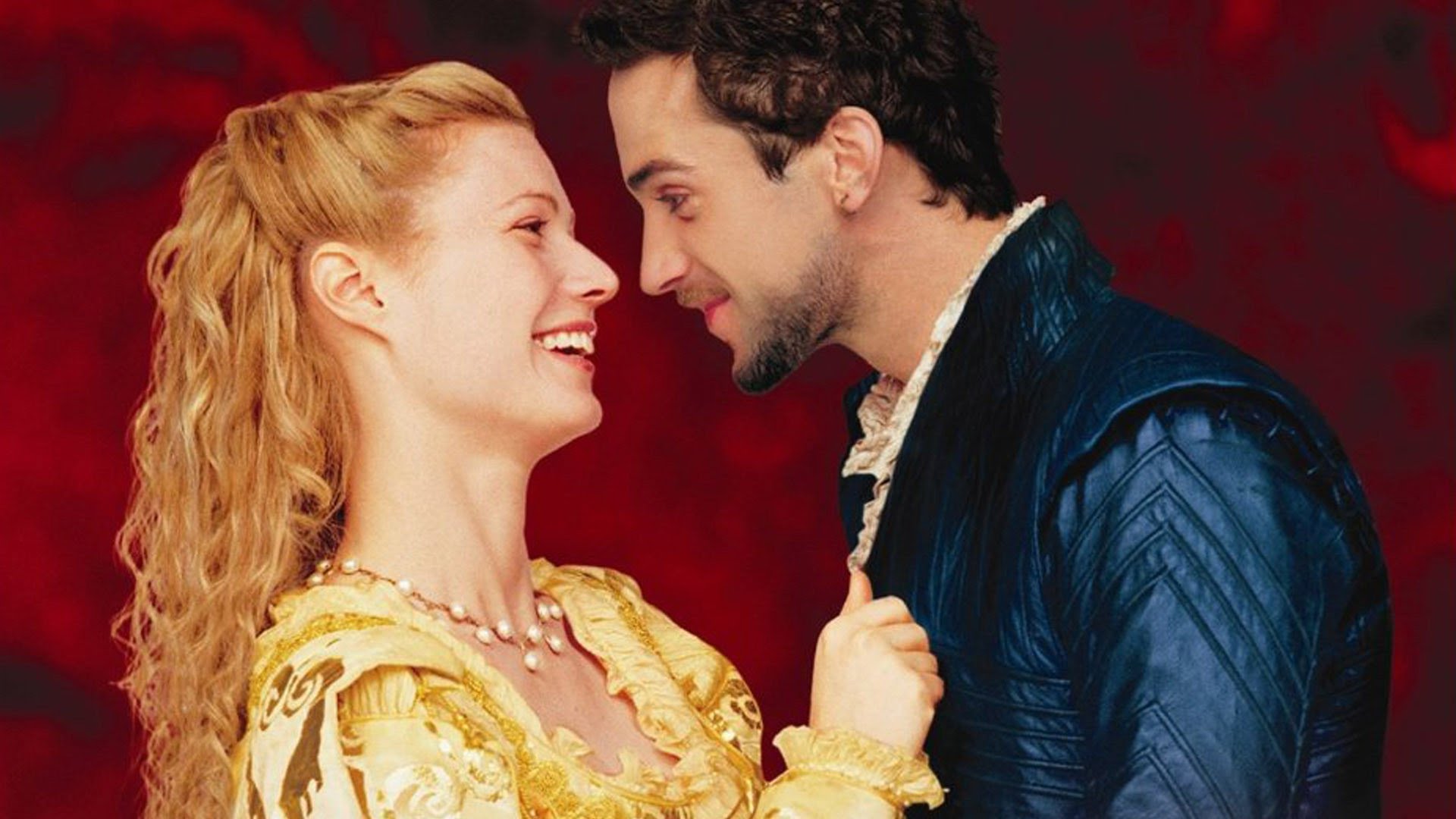
It’s true that, as the years pass and cinema becomes more and more available to audiences worldwide, it becomes increasingly clear that the Oscars are an imperfect ceremony. They celebrate a narrow-minded and often traditionalist view of moviemaking and its unreceptiveness to foreign excellence is very frustrating. However, truth is the Oscars were always like this, and they often shower undeserving movies with awards.
Below, you’ll find 10 Best Picture Oscar winners that I consider undeserving, be it because there were better films on the running that year or simply because they are not that good.
10. The Last Emperor (1987)
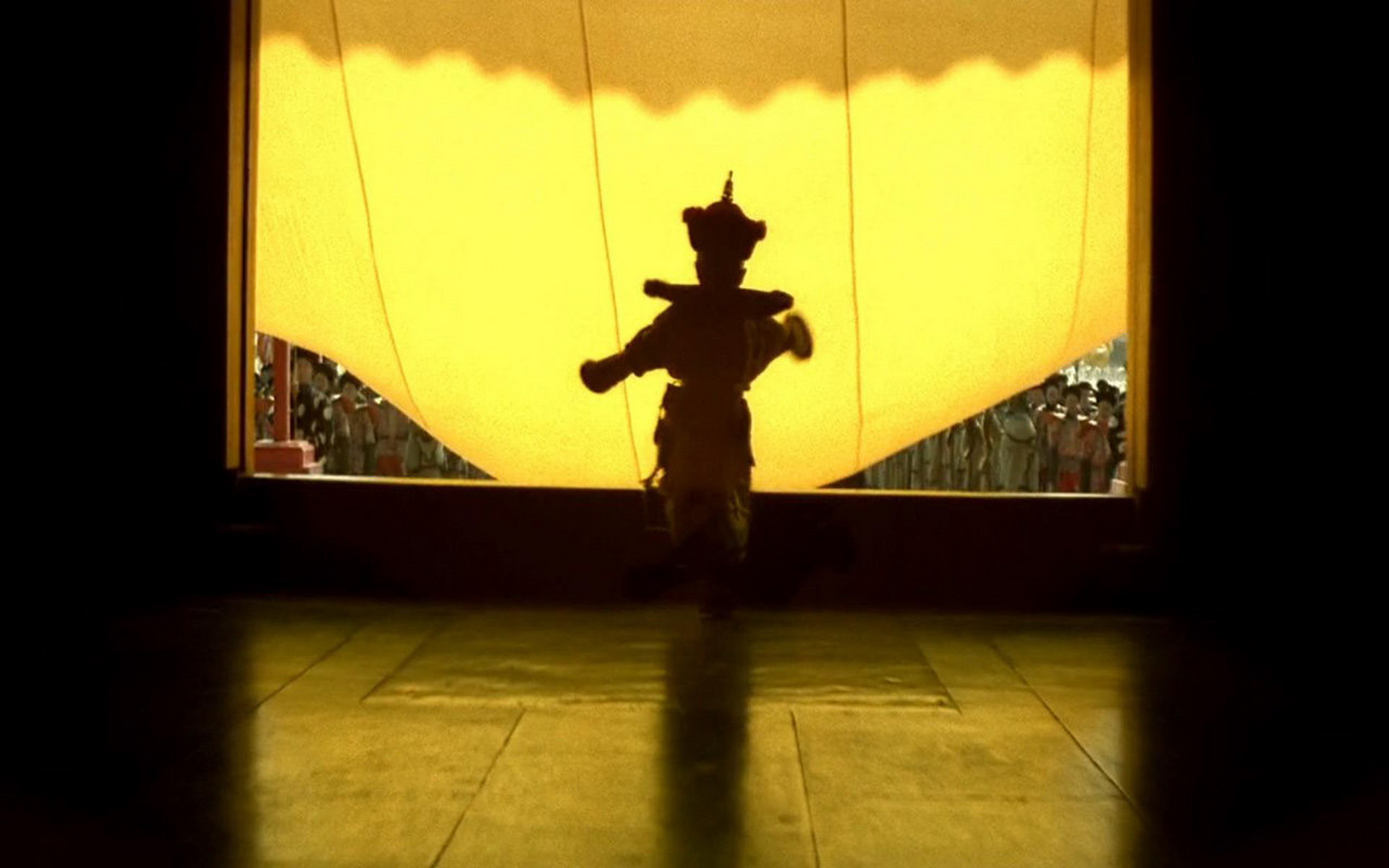
The 80s were a complex time for the Oscars, as much as they were a complex time for cinema. After the transforming decade that preceded it, American cinema was walking the fine line between innovation and nostalgia for earlier, simpler times. The Last Emperor took the Best Picture prize in 1988 because it was lavishly produced and told a worthy story, yes, but it’s impossible to miss that it was also the safest choice.
James L. Brooks’ classic Broadcast News was also in the running, as was Adrian Lyne’s explosive Hitchcockian psychosexual thriller Fatal Attraction, which would have been the most divisive and bold choice. To top that, Brian de Palma also released The Untouchables that year, and didn’t even get a Best Picture nomination.
9. Chariots of Fire (1981)
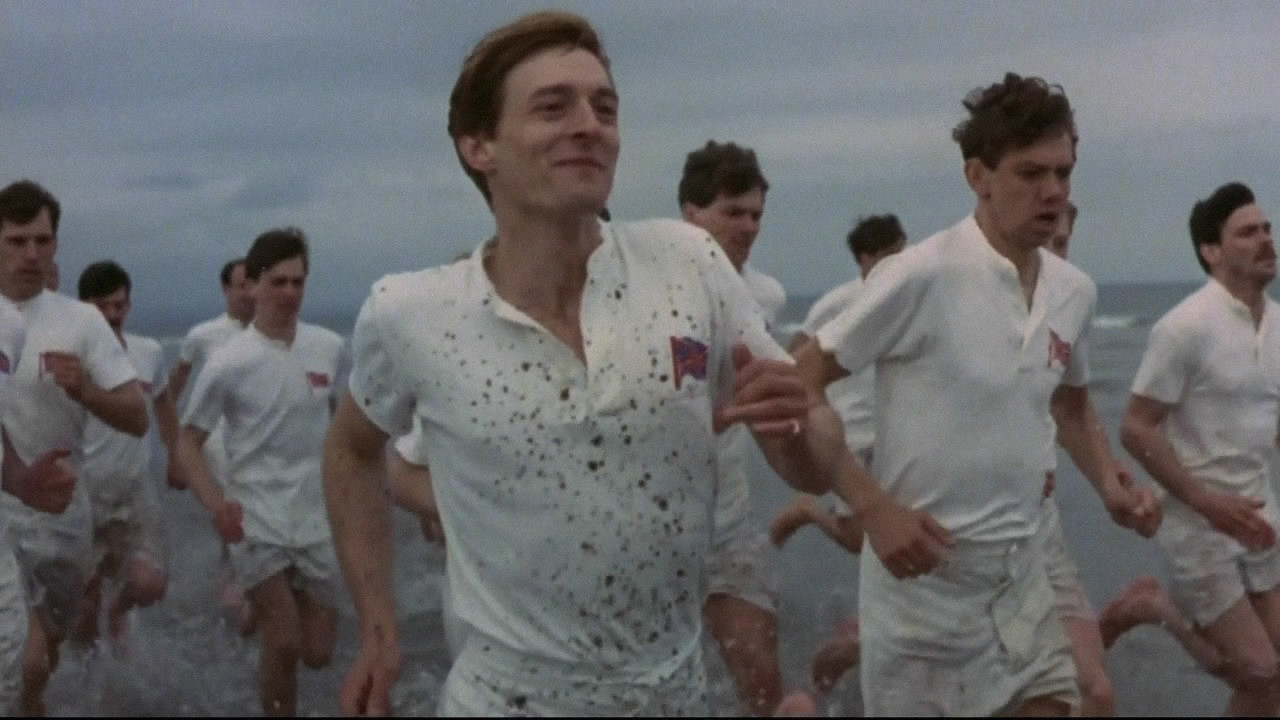
While probably the most memorable sports movie of all time, Chariots of Fire was up against such good competition in 1982 it’s hard to believe it still took the top prize of the night. There was the moving drama On Golden Pond, starring screen legends Katherine Hepburn and Henry Fonda; Warren Beatty’s fiery political epic Reds; and, most baffling of all, Steven Spielberg’s timeless classic Raiders of the Lost Ark, probably the best action/adventure movie ever made.
The Academy was never great at reading the zeitgeist. If it were, Raiders would have taken the prize, as it became an instant landmark of American cinema. Chariots of Fire is absolutely one of the best movies of that year, but it’s a footnote in the history of cinema if compared to Raiders of the Lost Ark.
8. A Beautiful Mind (2001)
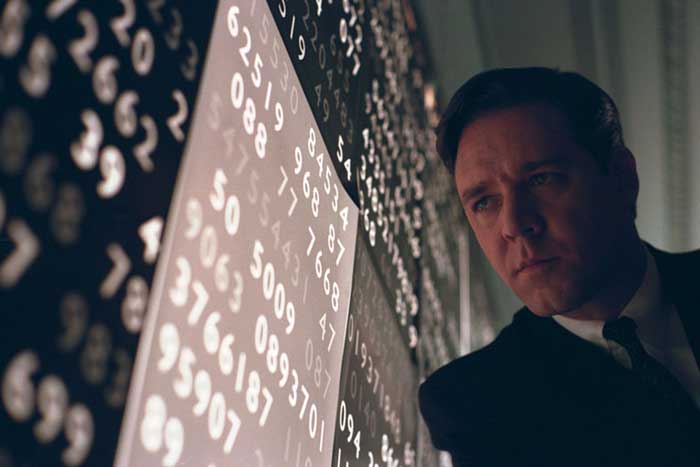
The Academy likes Ron Howard for a lot of reasons. First, he’s a lovely man by all accounts and a very well-liked part of the artistic community since his childhood years. Second, as a director he makes exciting middlebrow dramas that become crowd-pleasers with their inspirational, normally real-life stories. The Oscars love to reward that, because it’s safe, and 2002 was a year in which the Academy was particularly keen on being safe.
Running against A Beautiful Mind in the Best Picture category were an epic adventure that forever changed the game for the genre (The Lord of the Rings: The Fellowship of the Ring); an exuberant musical that brought on a jukebox-mania (Moulin Rouge!); and a Robert Altman masterpiece with a top-notch cast (Gosford Park); and a disturbing Todd Field drama (In the Bedroom). Giving out Best Picture to any of them would be divisive, so the Academy went with the one no one really hates, but no one really loves either.
7. Million Dollar Baby (2004)
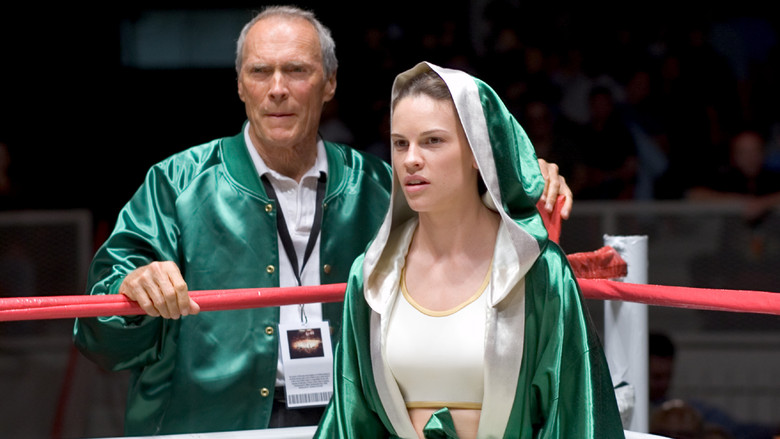
2005 was not the greatest year for the Oscars, but Million Dollar Baby was not the best choice they could’ve made. The big story that year was the grudge match between two veteran filmmakers: Clint Eastwood (Million Dollar Baby) and Martin Scorsese (The Aviator). The fact that Eastwood was victorious once again, and Scorsese didn’t get his Oscar until two years later, for The Departed, shows that the Academy is not keen on taking a risk or making changes.
The Aviator is not Scorsese’s finest, but it’s a masterclass anyway, a compelling drama that follows the life of a brilliant, fascinating man. Eastwood’s film, on the other hand, is a moving epic that certainly earned the Best Actress Oscar for Hilary Swank, but doesn’t really present anything new or exciting from a filmmaking point of view.
6. Driving Miss Daisy (1989)
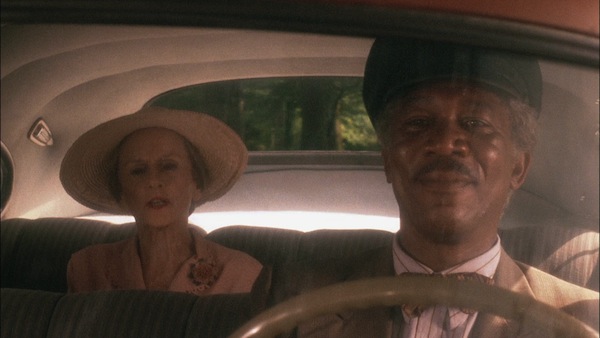
Almost 30 years after its triumph in the Best Picture category, Driving Miss Daisy is still probably the most despised and criticized Academy Award winner ever. Spike Lee famously criticized the film in any interview he could get, as did hip hop group Public Enemy and sketch show In Living Color. As the years passed, even Morgan Freeman admitted the film was “a mistake”, even if it stands as one of his most celebrated performances.
Truth is, whatever you think of Driving Miss Daisy politically or socially, even technically there were better films in the running in 1990. Be it Peter Weir’s superbly directed classic Dead Poets Society or Oliver Stone’s haunting Born on the Fourth of July, the Academy chose a high-minded, low-risk, well-meaning, big-message movie instead of true cinematic heavyweights.